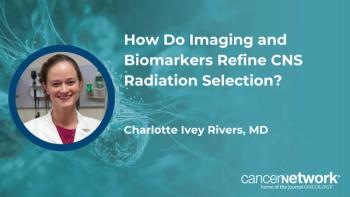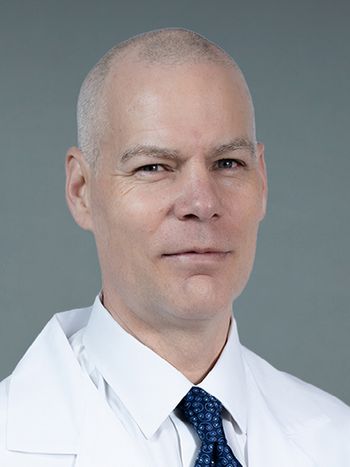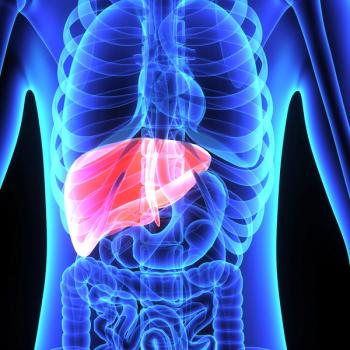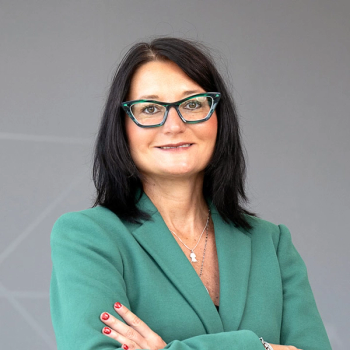
Hematologists Initiating End-of-Life Conversations Too Late
More than half of hematologists providing care to patients with hematologic malignancies reported initiating end-of-life conversations too late in the course of the patient’s disease.
More than half of hematologists providing care to patients with hematologic malignancies reported initiating end-of-life conversations too late in the course of the patient’s disease, according to the results of a survey
“Several factors may contribute to untimely end-of-life discussions in hematologic oncology,” wrote Oreofe O. Odejide, MD, of the Dana-Farber Cancer Institute, Boston, and colleagues. “First, unlike most solid malignant neoplasms, which are incurable when they reach an advanced stage (stage IV), many advanced hematologic cancers remain potentially curable. This lack of a clear distinction between the curative and end-of-life phase of disease for many hematologic cancers may delay the initiation of appropriate end-of-life discussions.”
In addition, Odejide and colleagues said that physicians may hesitate to have these discussions for fear of affecting a patient’s ability to cope or their hope for recovery.
According to background material in the study, patients with hematologic malignancies are more likely to undergo treatment and be hospitalized when near death and to die in an acute care setting than patients with solid tumors.
To find out more about when end-of-life discussion are occurring with patients with hematologic malignancies, Odejide and colleagues used a directory from the American Society of Hematology, to conduct a mail survey from September 2014 to January 2015 of 609 hematologists in the United States who provide direct care to patients. The survey asked a series of questions regarding end-of-life discussions and end-of-life care, such as: “In your experience, end-of-life care discussions with patients who have hematologic cancers typically occur…”
Responses were submitted by 57.3% of the hematologists surveyed. The median age of respondents was 52.
More than half of the respondents (55.9%) reported that they thought that end-of-life discussions are typically occurring too late. Specifically, respondents who worked in a tertiary center were significantly more likely to report that these conversations occurred too late than were counterparts who practiced in community centers (64.9% vs 48.7%; P = .003)
The survey also asked about aspects of end-of-life conversations, such as “For patients with life threatening hematologic cancers, when do you typically conduct the initial discussion specifically addressing resuscitation status?”
Results revealed that 42.5% of respondents said that conversations about resuscitation occurred at “less optimal times.” In addition, 23.2% of respondents reported having the initial conversation about hospice care when death is clearly imminent.
Again, hematologists who worked at tertiary centers were found to be less likely to initiate conversations about hospice and resuscitation status at optimal times as compared with hematologists at community centers.
In a
Newsletter
Stay up to date on recent advances in the multidisciplinary approach to cancer.











































